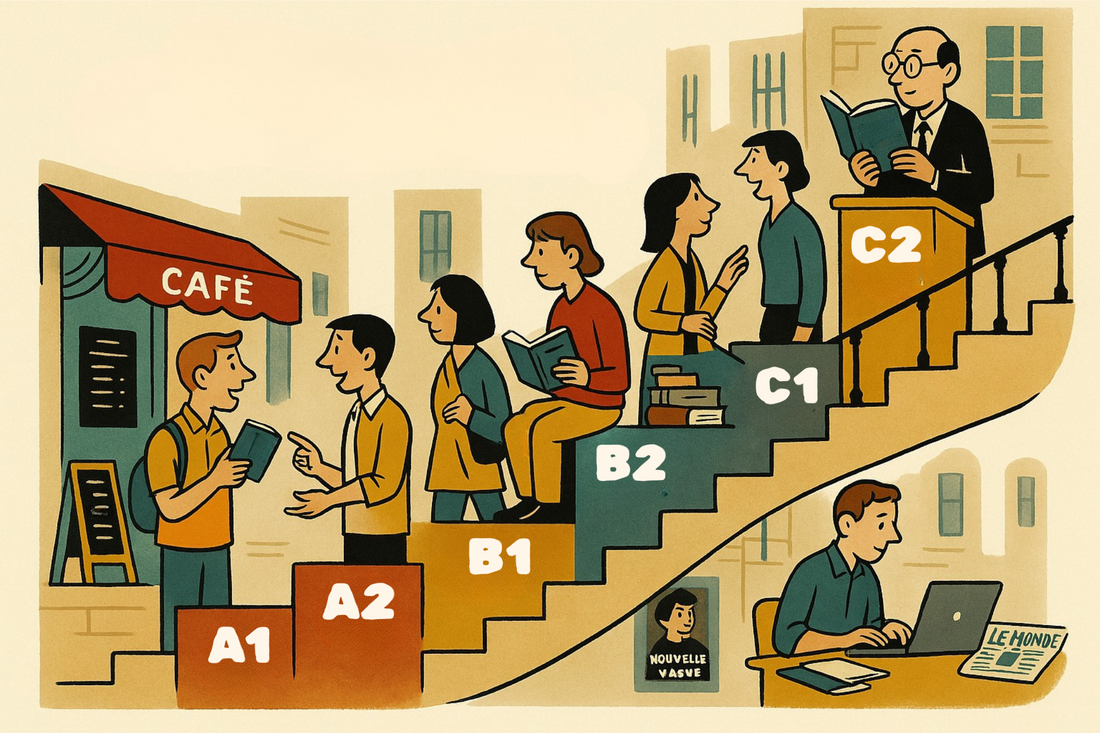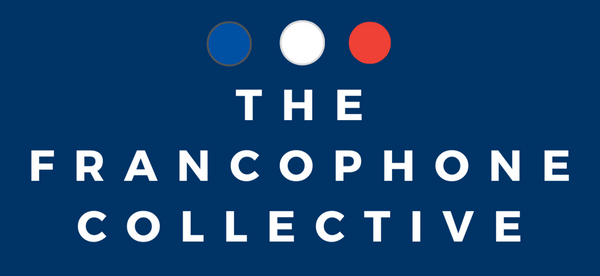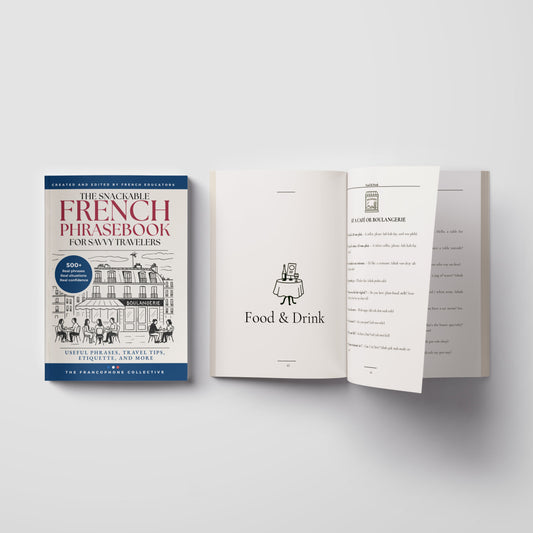
How long does it take to be fluent in French?
Whether you dream of ordering croissants in perfect French or diving into Balzac without a dictionary, one question lingers for every learner: How long will it take? The answer depends on how intensively you study, how often you practise, and what level of fluency you're aiming for. Fortunately, the Common European Framework of Reference for Languages (CEFR) offers a clear roadmap for tracking progress—from complete beginner (A1) to near-native mastery (C2).
Alongside it, we have useful estimates in guided learning hours, which refer to the total number of hours you'll likely need to reach each level, combining classroom instruction and self-study.
Here's what the journey really looks like.
See also: 5 best books to learn French Grammar for English speakers
A1 — Beginner (60–80 hours total)
At A1, you're learning the absolute basics: how to introduce yourself, ask simple questions, understand numbers, tell time, and order food. You'll focus on set expressions, everyday vocabulary, and foundational grammar like present tense verbs and articles.
Time Estimate: 60–80 guided learning hours
This includes both class time and study time. For example, 40 hours in a course + 40 hours of revision and practice.
Milestone: You can get by as a tourist with the help of a phrasebook.
A2 — Elementary (160–200 hours total)
You're starting to string sentences together, describe routines, express preferences, and handle simple transactions. Grammar includes passé composé, futur proche, and reflexive verbs. You begin to feel more comfortable navigating day-to-day interactions.
Time Estimate: Around 100–120 additional hours (total: 160–200)
Milestone: You can manage daily situations, understand menus and timetables, and carry on simple conversations.
B1 — Intermediate (350–400 hours total)
At B1, you can handle most travel situations independently. You can describe experiences, make future plans, talk about opinions, and write short paragraphs. Grammar becomes more complex, with imparfait, plus-que-parfait, object pronouns, and conditional forms entering the mix.
Time Estimate: An additional 150–200 hours (total: 350–400)
Milestone: You can have real conversations—even if imperfect—and begin to enjoy French films, books, and news.
B2 — Upper Intermediate (500–600 hours total)
B2 is where you gain confidence and fluency. You can participate in debates, give opinions with nuance, and understand a range of spoken and written French with relative ease. You'll fine-tune your use of subjonctif, relative pronouns, passive voice, and complex sentence structures.
Time Estimate: Around 150–200 more hours (total: 500–600)
Milestone: You can live, work, or study in a French-speaking environment with little outside help.
C1 — Advanced (700–800 hours total)
This level marks fluency. You can read complex texts, write structured arguments, follow fast-paced conversations, and switch between formal and informal registers naturally. At C1, learners work on idiomatic expressions, cultural nuance, and stylistic flexibility.
Time Estimate: About 200 additional hours (total: 700–800)
Milestone: You can perform in a professional or academic setting in French and discuss abstract ideas in detail.
C2 — Proficient (1000+ hours total)
C2 doesn't mean perfection, but it means you understand nearly everything you hear or read. You can summarise information, express yourself precisely and effortlessly, and adapt to different tones and styles with ease.
Time Estimate: Over 1000 total hours
Milestone: You function at a near-native level in most situations—whether interpreting a speech, writing an article, or reading philosophy.
What Are "Guided Learning Hours"?
The hours listed above aren't just classroom hours. They're guided learning hours—a combination of all the time you actively engage with the language. That includes:
- Lessons (in-person or online)
- Flashcard reviews
- Watching French media with intent
- Speaking practice with partners or tutors
- Reading and writing practice
- Listening to podcasts or news with comprehension goals
So if it takes 600 hours to reach B2, you could divide that as 300 hours of classes and 300 hours of personal practice. Or, if you're self-studying, that's 600 hours of dedicated learning on your own. Passive exposure—like having French music on in the background—can help, but doesn't count toward these totals unless you're actively engaging with the material.
How Long Will It Take Me?
Let's say you study French for 5 hours a week:
- Reaching A2 could take about 9 months
- B1 might take 18 months
-B2 may take 2–2.5 years
- C1 often requires 3+ years
- C2 might take 5 years or more
Your pace depends on how consistently you practise, how immersed you are in the language, and what resources you use. Living in a French-speaking country or practising with native speakers daily can cut that timeline significantly.
Final Thoughts
French isn't learned overnight. But it is learned—with time, persistence, and the right expectations. Set your sights on the next level up, not fluency all at once. With every hour of study, you're not just learning a language—you're unlocking a culture, a worldview, and a new way of expressing yourself.




